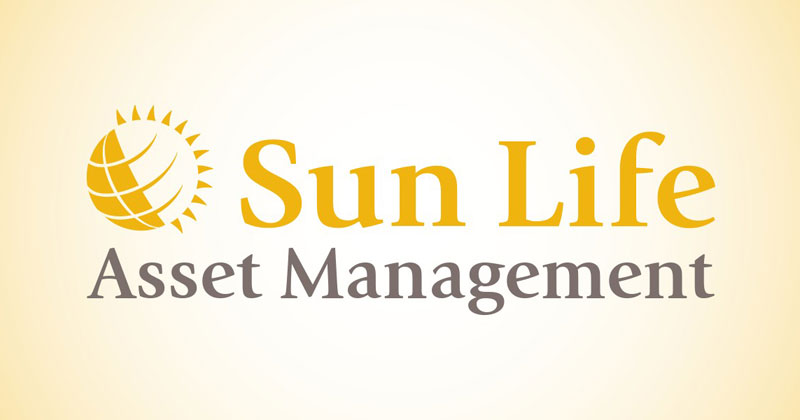Sun Life Asset Management Company, Inc. (SLAMCI) started the year strong with its assets under management (AUM) with its suite of mutual funds called Sun Life Prosperity Funds now at P127 Billion.
Uncertainties in the market did not hinder SLAMCI’s performance in the past year, with a 60% year-on- year AUM growth, as clients remained invested despite the declines and volatility caused by the COVID-19 pandemic.
Among the top performers in SLAMCI’s peso-denominated funds are the Sun Life Prosperity World Equity Index Fund, with a return of 11.33% since its launch last July 2020; the Sun Life Prosperity Bond Fund, which saw a full year return of 4.24%; and the Sun Life Prosperity Money Market Fund, with a full-year return of 2.49%.
The SLAMCI dollar-denominated funds likewise fared exceedingly well, with the Sun Life Prosperity Voyager Fund marking 21.03% full year return; Sun Life Prosperity Dollar Advantage with 15%; and the Sun Life Dollar Wellspring Fund at 8.28% full year returns.
With this achievement, SLAMCI remains the largest non-bank asset management company in the country.
SLAMCI President Gerald Bautista believes that this milestone was achieved through constant efforts to keep clients informed and reassured.
“In the previous year, we devoted much of our time communicating with clients through different distribution channels and digital touchpoints, keeping them informed about the market’s performance along with opportunities investing in Sun Life Prosperity Funds, reexamining clients’ portfolio, and what would be the best steps for them to take,” he said. “It was our way of letting them know that we remain at their side in their financial journey.”
These efforts were complemented by digital solutions which allowed SLAMCI to continue serving clients despite the heightened safety measures mandated by the government. In fact, SLAMCI was among the few financial services companies that remained operational despite the community quarantines during the early part of 2020.
“We were able to assist clients who wanted to invest in both onshore or offshore market opportunities, as well as those who wished to liquidate their investment for emergency situations,” Bautista said.



